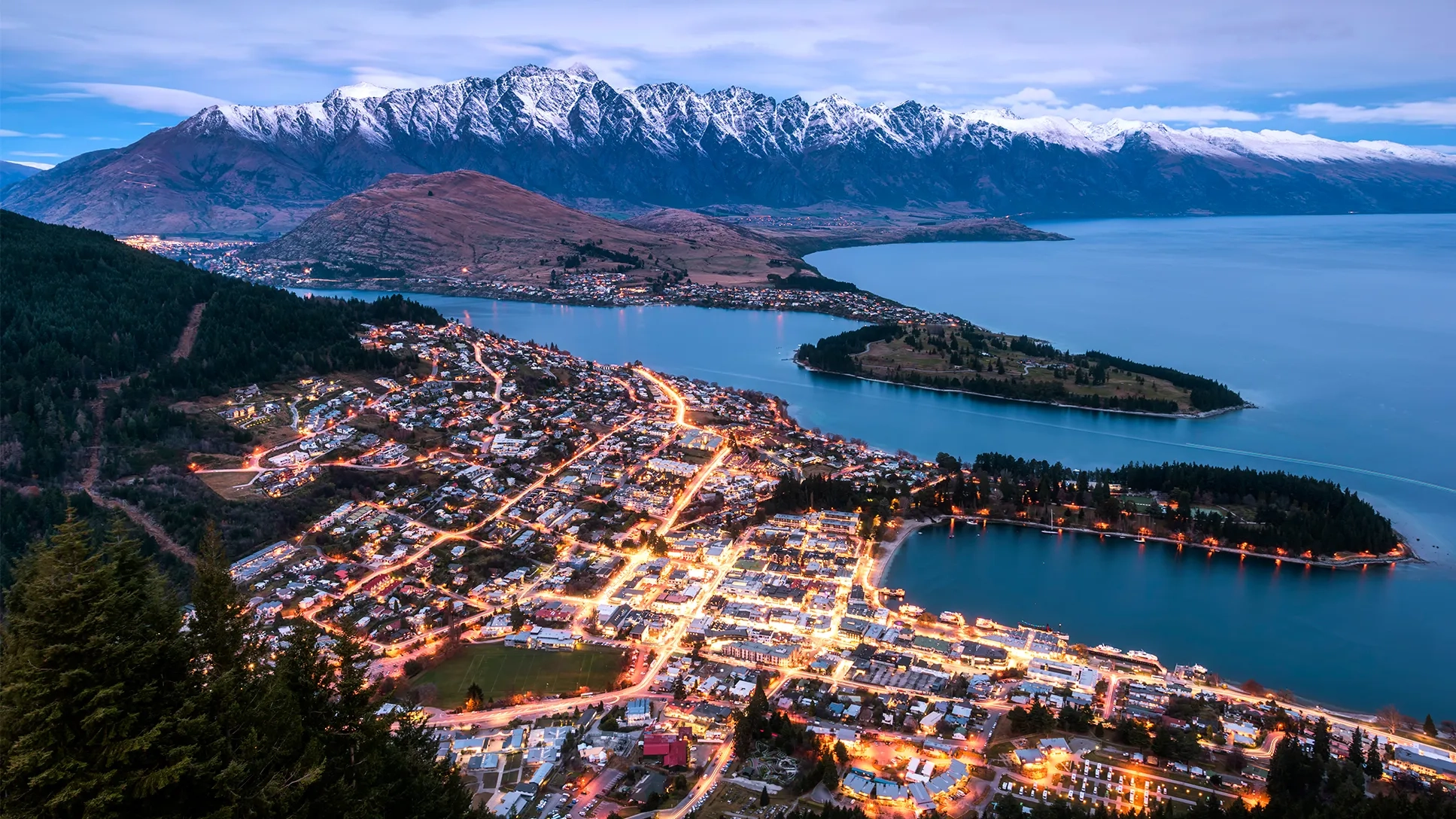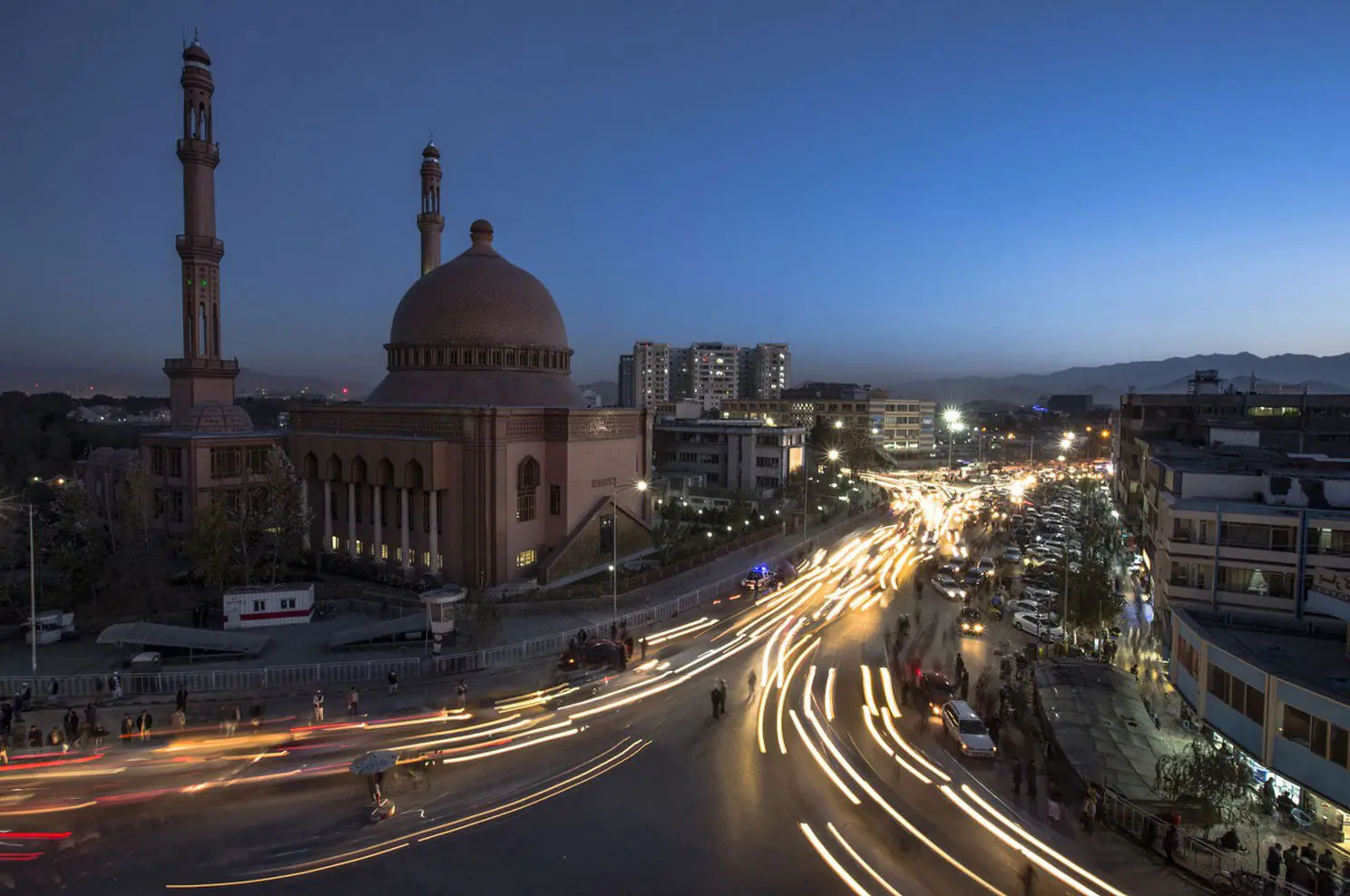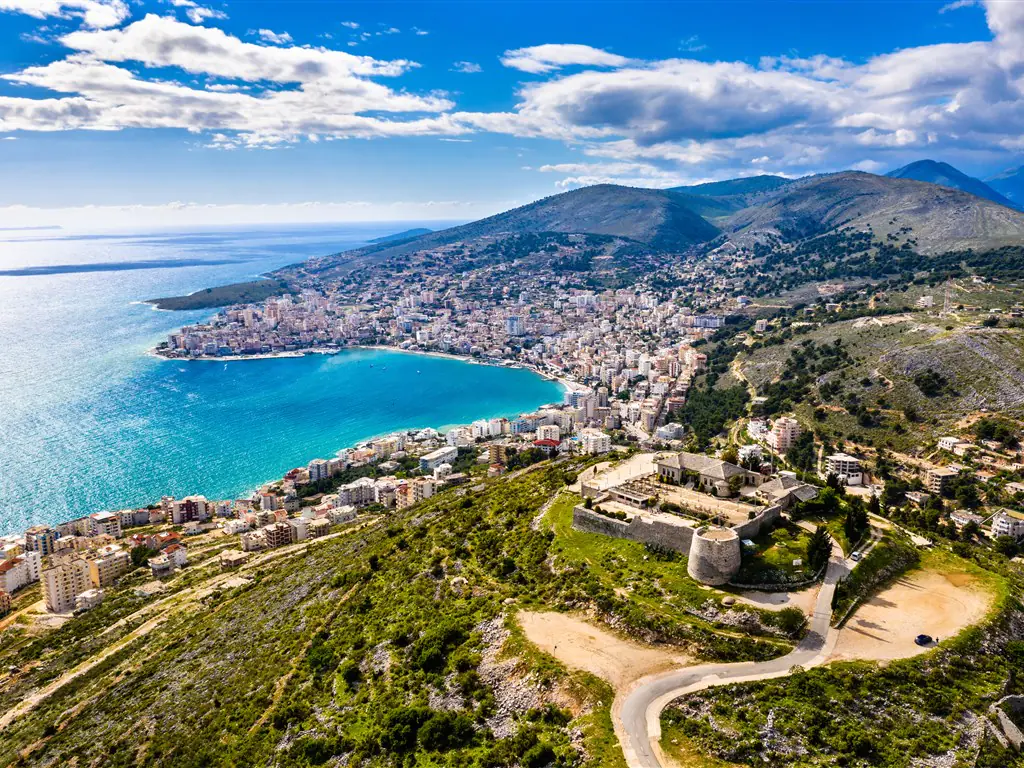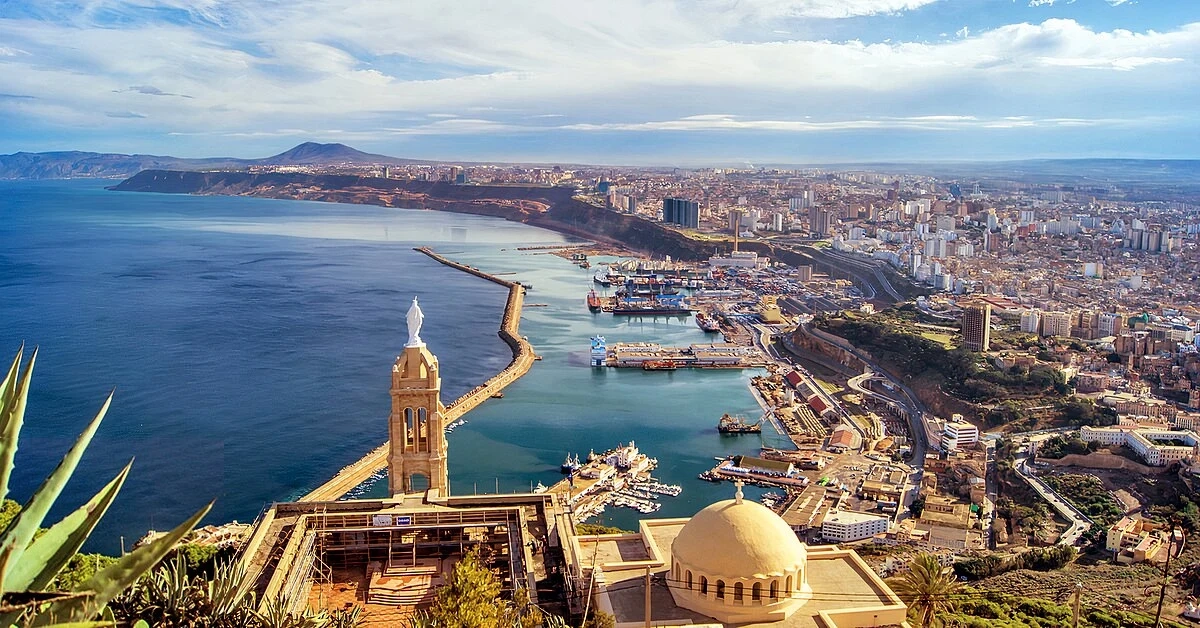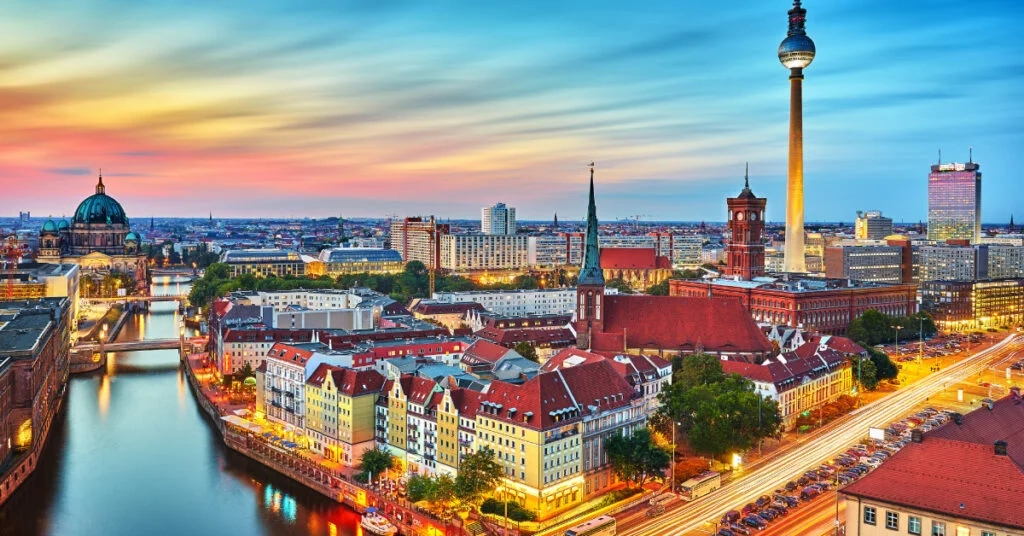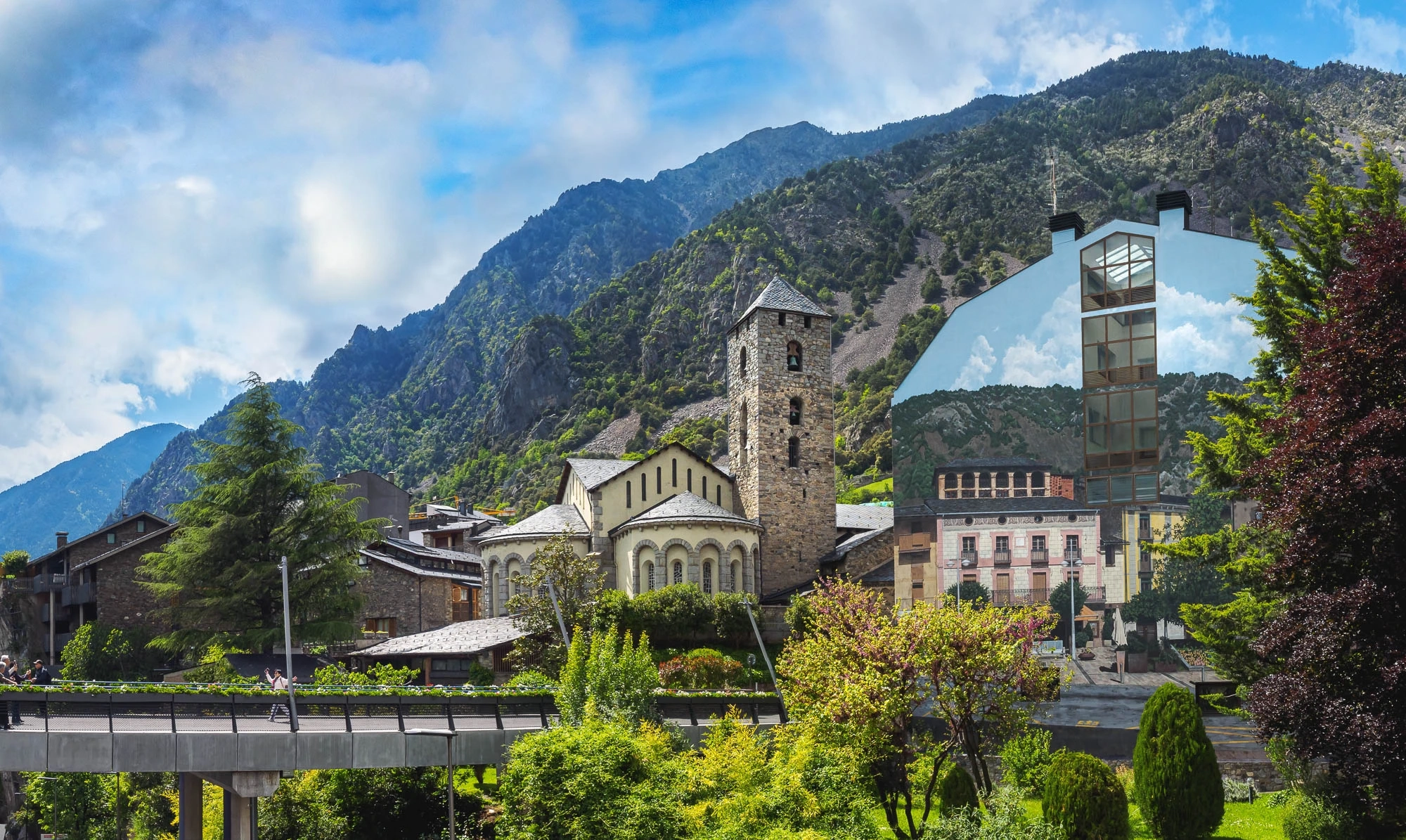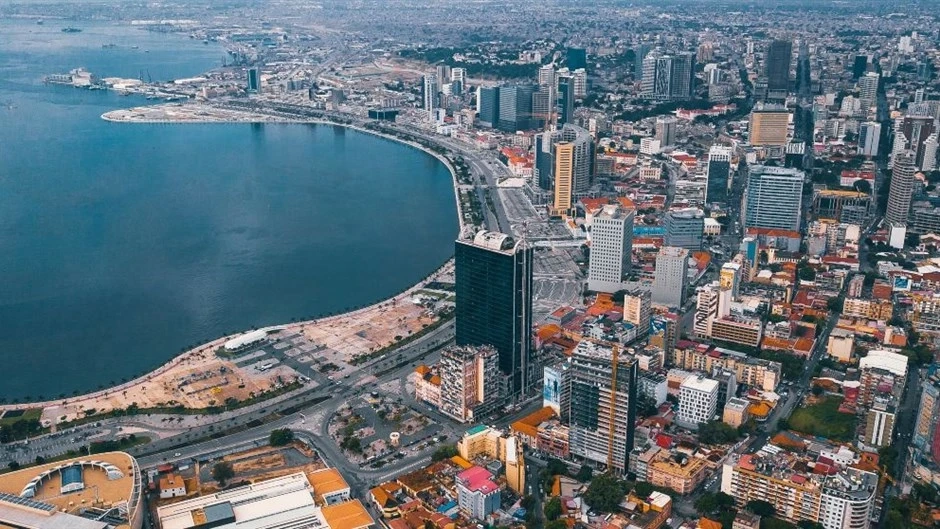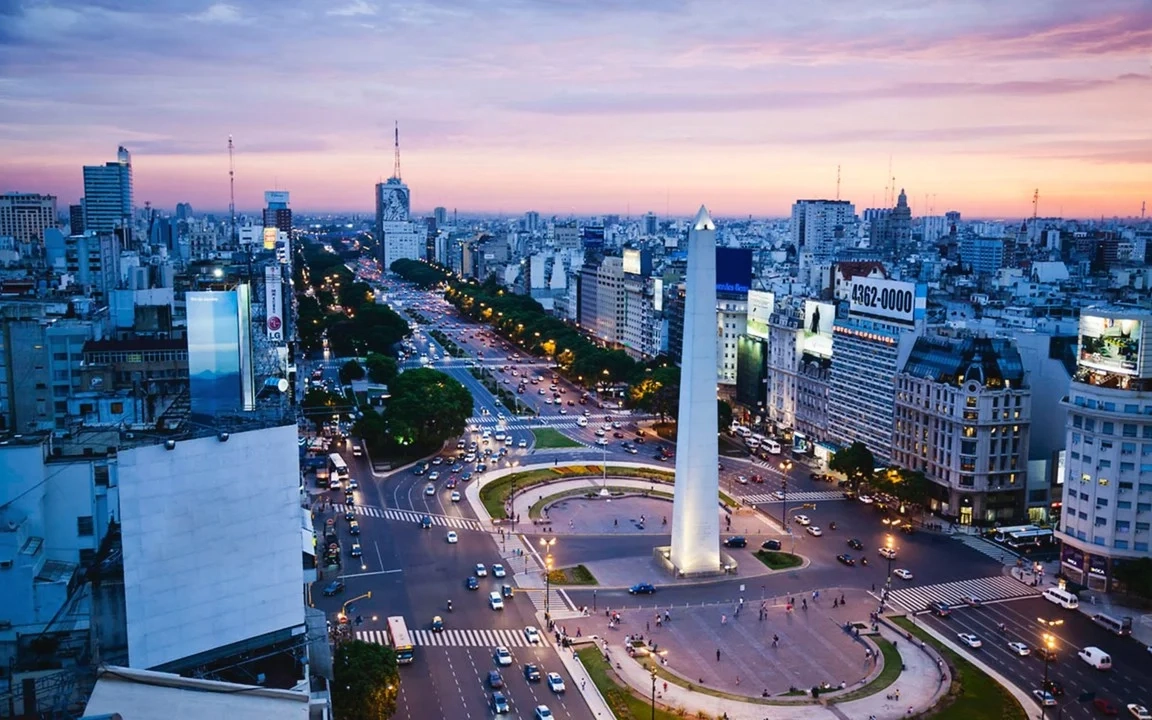1. Information Technology (IT) Professionals: Software developers, IT project managers, system analysts.
Salary: NZD 70,000 to NZD 120,000 or more, depending on experience.
2. Healthcare Professionals: Nurses, doctors, healthcare managers.
Salary: NZD 70,000 to NZD 120,000 or more, depending on the role and experience.
3. Construction and Engineering: Civil engineers, construction project managers, quantity surveyors.
Salary: NZD 70,000 to NZD 120,000 or more, depending on experience and specialization.
4. Trades and Construction: Electricians, plumbers, carpenters.
Salary: NZD 50,000 to NZD 80,000 or more, depending on experience and specialization.
5. Tourism and Hospitality: Hotel managers, chefs, tourism operators.
Salary: NZD 50,000 to NZD 80,000 or more, depending on the role and location.
- Working Week. The standard working week in New Zealand is 40 hours, typically spread over five days. However, many industries and professions may have different working hours based on the nature of the work.
- Annual Leave. Full-time employees are entitled to a minimum of four weeks (20 days) of paid annual leave each year. This is pro-rated for part-time employees based on their contracted hours.
- Public Holidays. New Zealand observes several public holidays, and employees are generally entitled to a day off with pay if the holiday falls on a day they would usually work.
- Sick Leave. Employees are entitled to sick leave for genuine illness or injury. The minimum entitlement is five days of paid sick leave per year, and this entitlement may accumulate up to a maximum of 20 days.
- Parental Leave. New Zealand provides parental leave to support employees during the birth or adoption of a child. Eligible employees are entitled to up to 26 weeks of paid parental leave.
- Minimum Wage: The minimum wage in New Zealand was NZD 20 per hour.
- Average Wage: The median gross weekly earnings for all employees was around NZD 1,200 to NZD 1,300.
1. Supportive Environment:
New Zealand provides a supportive environment for entrepreneurs, with various initiatives and resources aimed at fostering innovation. The government actively promotes entrepreneurship as a driver of economic development.
2. Startup Ecosystem:
The country has a growing startup ecosystem with hubs and incubators in cities like Auckland, Wellington, and Christchurch. These hubs provide networking opportunities, mentorship, and access to funding for early-stage startups.
3. Government Initiatives:
The New Zealand government offers initiatives to support entrepreneurs, including grants, funding programs, and tax incentives. Programs such as the Research and Development (R&D) Tax Incentive aim to encourage innovation.
4. Ease of Doing Business:
New Zealand consistently ranks high in global ease-of-doing-business indices. The straightforward regulatory environment, efficient business registration processes, and low corruption levels contribute to the ease of starting and running a business.
5. Challenges and Opportunities:
While New Zealand provides a favorable environment for entrepreneurs, challenges exist, including a relatively small domestic market. However, this challenge also encourages businesses to think globally, and the country's strong international trade relations open doors to global markets.
1. Auckland: Auckland serves as the country's economic hub. It boasts a diverse economy, a well-developed infrastructure, and a thriving business community.
2. Wellington: Wellington, the capital city, is known for its government institutions, making it a strategic location for businesses involved in public services and administration. It also has a growing technology sector and a vibrant arts and culture scene.
3. Christchurch: Christchurch is a major city in the South Island and has undergone significant reconstruction and revitalization following the 2011 earthquake. It is a hub for agriculture, manufacturing, and technology, offering a mix of opportunities for businesses.
4. Hamilton: Hamilton is known for its strong agricultural base and is a center for agribusiness.
5. Tauranga: is a key port city and a hub for the horticulture and export industries. It has seen substantial economic growth and is an attractive location for businesses involved in logistics, shipping, and trade.
